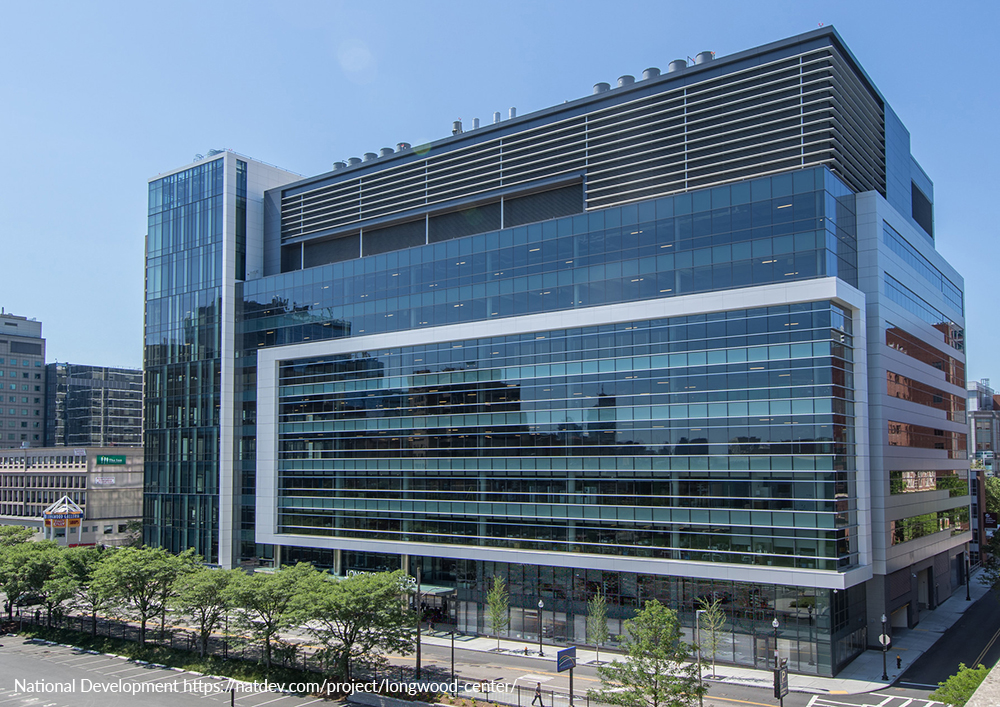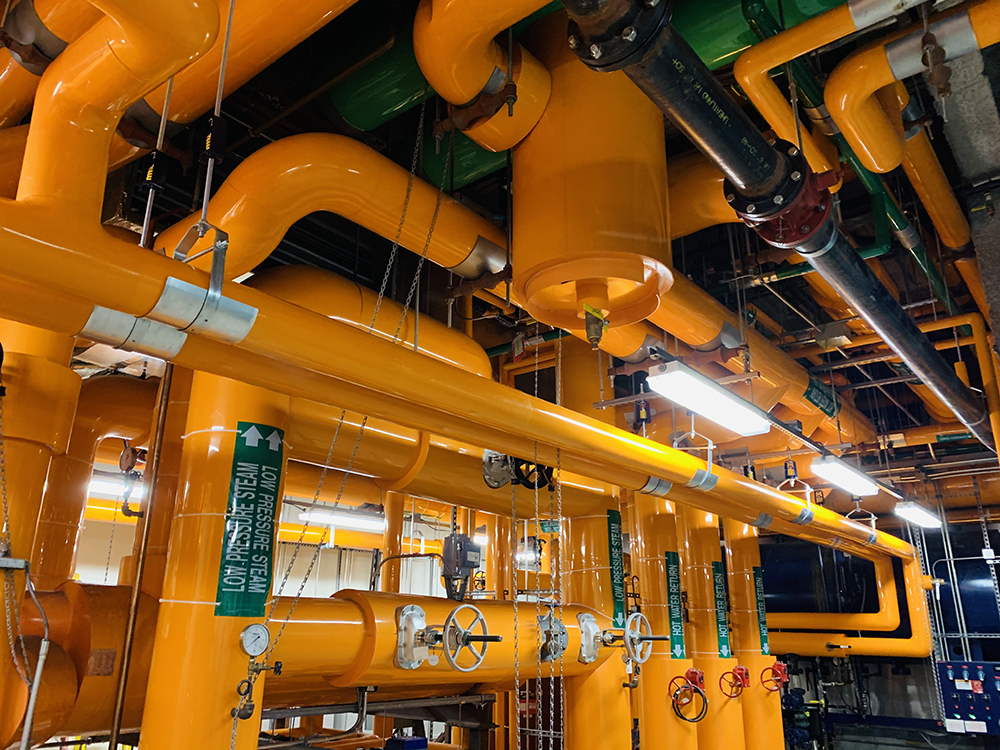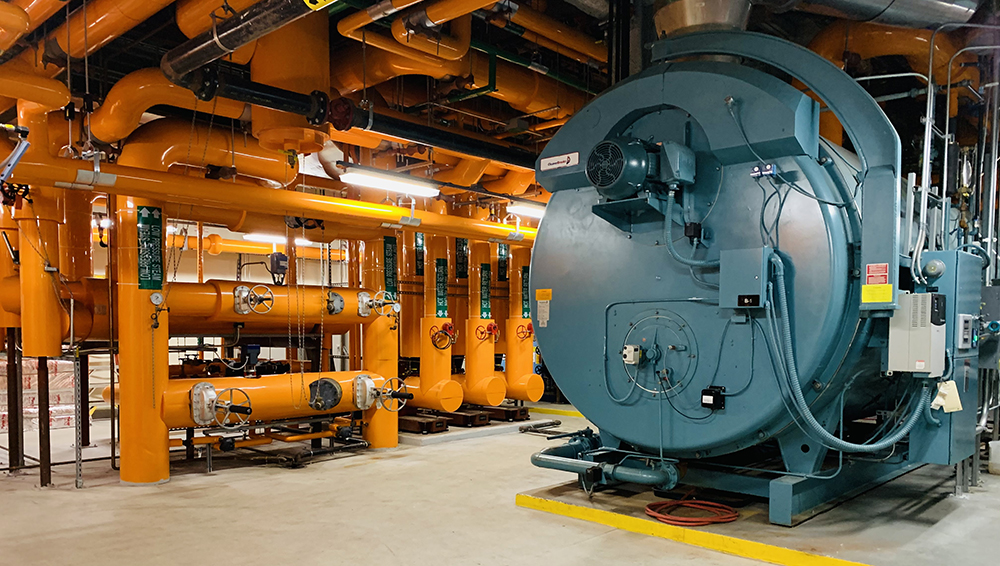EH&E Recommissioning Boosts Longwood Center’s Efficiency: Addresses Key Performance Issues and Energy Savings



The National Development’s Longwood Center is a 414,000 square foot, state-of-the-art life sciences building that includes nine floors for lab research and office space, along with 9,000 square feet for shops and restaurants. Built in 2015, the building’s tenants use 75 to 85 percent of the space for lab research.
EH&E was hired to recommission the Longwood Center about five years after construction. Despite diligent maintenance, all buildings experience some level of system decline as buildings change over time and affect system operations, safety, and energy efficiency. Equipment degrades through use and point-in-time checkups do not always capture the true operation and response of components. That’s why recommissioning is an important part of preventative maintenance.
EH&E performed a health-check on the building to identify system trouble spots and provide solutions to address some known systemic performance issues that had the potential to negatively impact tenants. EH&E’s process highlighted various issues, which included identifying and correcting problems with the building’s chiller system that was not operating efficiently; fixing misreading utility meters that were improperly calibrated; correct deviations from the building design to ensure safety measures were operating.
The recommissioning process provided the Longwood Center with many benefits: Building operations and system performance improved, potential energy-savings measures were identified, and additional costs for repairs of malfunctioning equipment were avoided as permanent solutions were identified. With the recommissioning, the Longwood Center also was able to move forward with selecting a pathway to compliance for Building Emissions Reduction and Disclosure Ordinance (BERDO), which requires large buildings in Boston to reduce their greenhouse gas emissions.